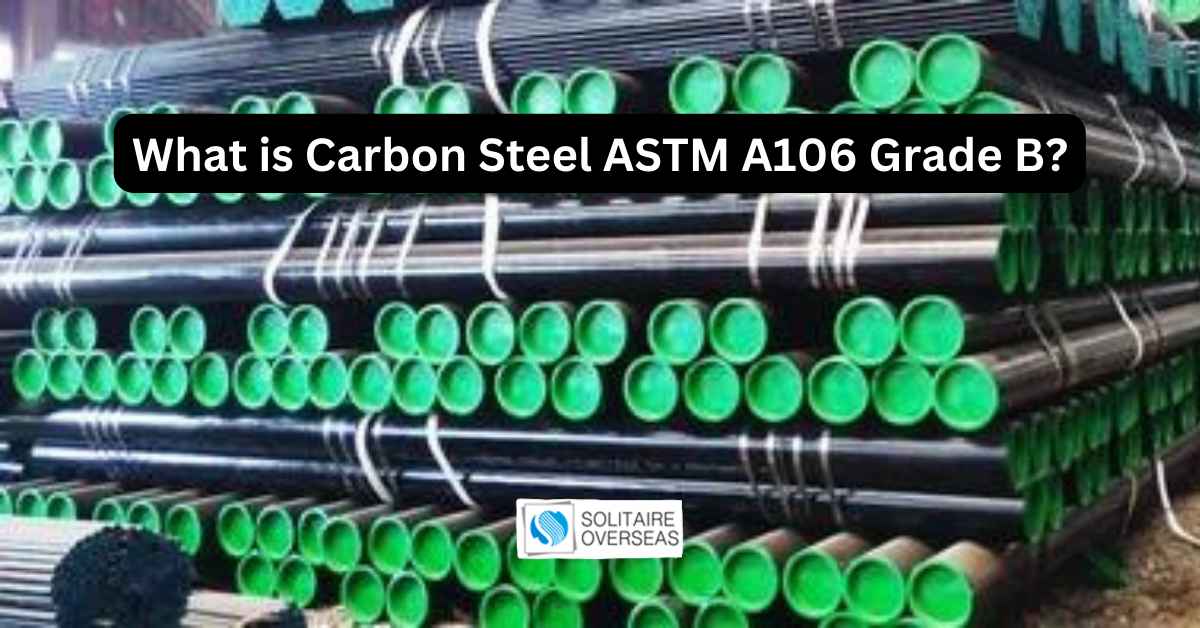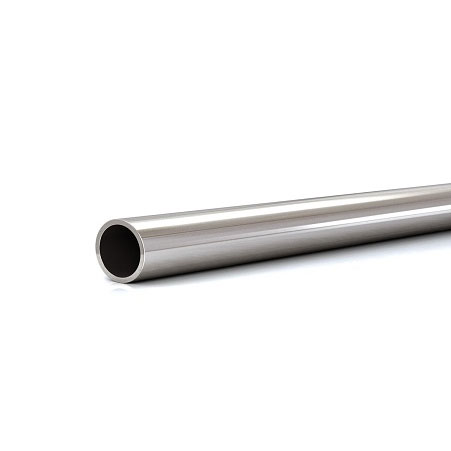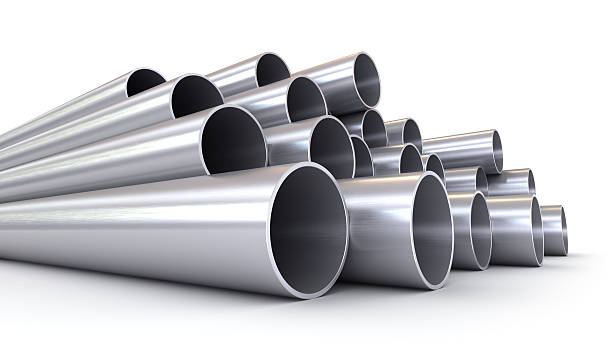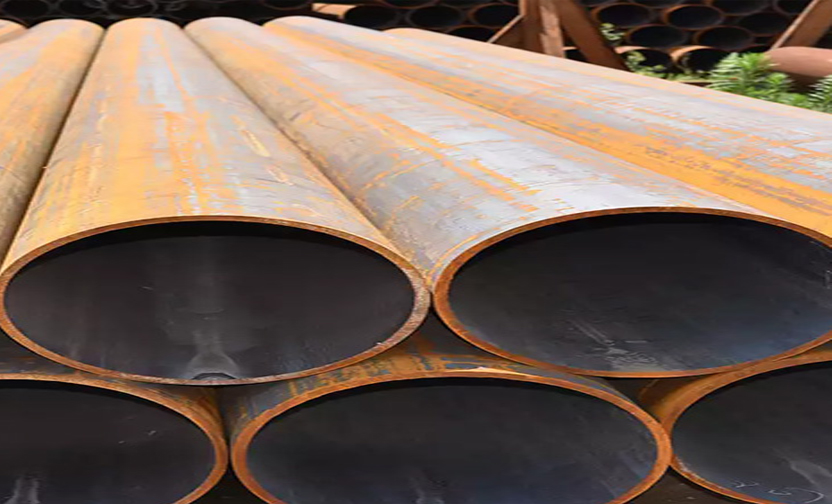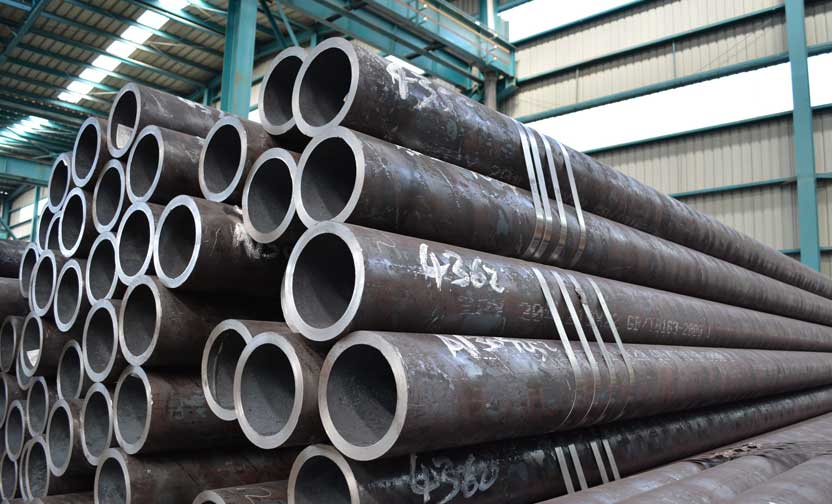What is Carbon Steel ASTM A106 Grade B?
What is Carbon Steel A106 Grade B? Steel with a carbon content of up to 2.1% by weight is called carbon steel. The American Iron and Steel Institute’s (AISI) definition of carbon steel reads as follows: steel when: no minimum content is stipulated or required for chromium, cobalt, molybdenum, nickel, niobium, titanium, tungsten, vanadium, or […]

